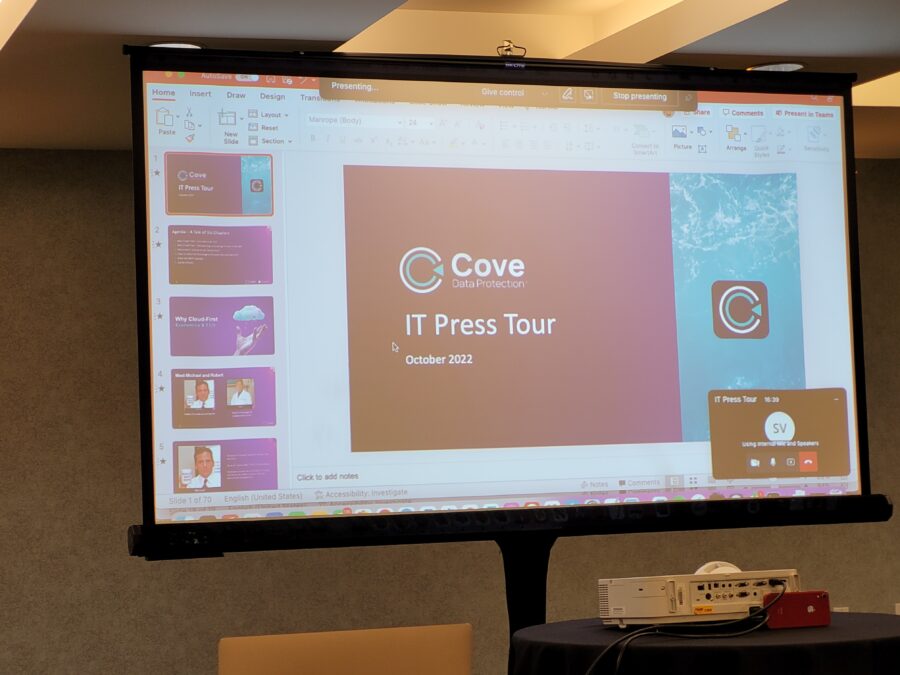Decision makers and business leaders must understand and interpret the classifications of decision making by re-evaluating fears objectively, going beyond emotional responses, political considerations, and past experiences. Challenge past performance by gathering data that tests assumptions about future scenarios; and renew business confidence in the future as it evolves, instead of trying to re-create past practices that are no longer appropriate in a different and divergent present. Leaders who utilise these recommendations will be on the path to smarter spending for recovery and renewal.
Here are some recommendations on decision-making behaviours that can be classified under fear, fact, and faith.
Fear is a healthy emotion, but can also have a more insidious influence on decision making in a crisis
During the current crisis, obvious challenges such as cash flow can become derailed when executives pass down fears to direct reports, as the underlying risks and root causes are often framed without guidance on how to address the problem.
8 actions CIOs must take during coronavirus pandemic for financial survival — Gartner
Middle managers responding to direct actions at an Asian automotive manufacturer, beginning to cut spending on new projects, even those about to generate much-needed cash, are all examples of this. They also cut spending on projects that investors saw as creating value, in which they would have invested more.
Medical practitioners have identified our immune system overreaction as more deadly than the virus. Temporary cutting of expenditure is unlikely to differentiate the organisation enough for investors. But organisations can utilise the unique opportunity of a challenging year for all to divest or write off legacy costs and to restructure for future success.
Recommendations
Decision makers must not fear spending unless it is done on the wrong things. Prioritise and accelerate income-generated activities, whilst carefully reassessing the risk of business activities that rely on consumer presence and human interaction, considering the safety of staff and customers. Business activities that aren’t delivering value, either as revenue or investment, should be deprioritised. As a result, clean out unwanted corporate liabilities to ready for recovery and build a more positive story for investors.
Facts offer refuge in times of uncertainty, but nostalgia for past performance is an unreliable source of insight into the future
Organisations today are dealing with excess amounts of data. Whilst this data helps to navigate business progress, the key performance indicators rarely identify future improvement opportunities. Despite this, business executive decisions for future investment is often based on past performance.
For example, a government organisation had a negative experience of a poorly launched technology project, damaging perceptions for future technology spending. Executives were reluctant to investigate the cause for fear of blame. Instead of expecting history to repeat itself, executives must interpret new data without the luxury of time to adjust emotionally to its implications.
In decision making and when under extreme stress, executives can become selective, filtering out data that doesn’t fit their preconceived ideas. This can lead to bias behaviours toward challenges and solutions. Even when we accept new input, there can often be a long delay for emotional processing. Although this is common, executives cannot afford this luxury and need to fully accept the facts and share the data with the teams dealing with the situation.
Recommendations
Openly discuss emotions and their power to obstruct recovery. When problems arise, work through diagnostics calmly, utilising the information gathered to earn revenue in the new situations. Although we can’t use past data to predict the future with certainty, we can take advantage of early indicators of revenue recovery. Actively seek out more useful data, but be wary of confirmation bias — interpreting data as a validation of preconceived ideas. Fresh data should adapt to change by challenging preconceptions as the fuel for innovation.
Faith and confidence to invest in the future are in short supply during a crisis
Under extreme stress, faith in our future can become difficult to maintain. Having overcome fear and addressed the facts, we need to restore faith.
Organisations must begin with restoring confidence and rebuilding a sense of unity within the organisation, economically and culturally. The shared visions and values within an organisation define our motivations and measurements of success, reinforcing the importance of cohesion during challenging periods. As leaders and employees are separated physically and emotionally, it’s important to close these barriers and utilise technologies to bring people together around a common goal and credible objectives.
What are the five main barriers to digital transformation and their solutions?
Before the pandemic, various forms of digital transformation were underway. Forward-thinking organisations will still be undergoing some form of digital transformation, making them better able to adapt in the short, mid and long-term. As conventional business growth will be limited, this is the time to take advantage of technology to try out and test your organisation’s most innovative ideas. Start small so you have little to lose as you build new faith in your organisation’s future.
Recommendations
Confront preconceptions in a challenging market. Communicate clearer business vision to overcome emotional reactions, adapting to find the right balance between positive affirmation and realistic expectations. Inform investors and suppliers of business expectations, building confidence that you’re best able to manage the risks through innovation.








